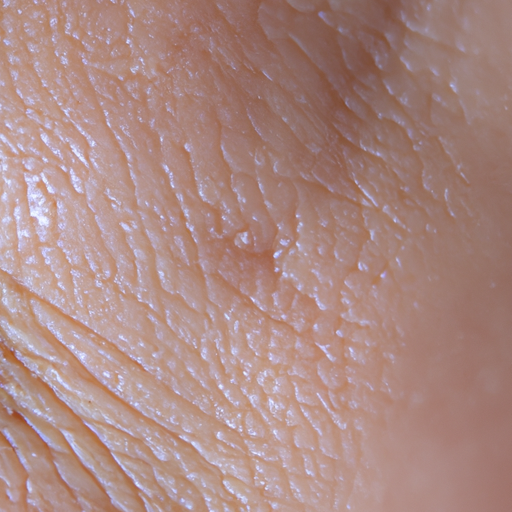Oily skin is a common issue that many people struggle with on a daily basis. The overproduction of sebum, an oily substance that helps to protect the skin, can lead to a shiny complexion, enlarged pores, and even acne. However, with the right strategies in place, it is entirely possible to manage oily skin effectively. Here are five proven strategies to combat oily skin and banish the shine.
1. Choose your skincare products wisely: Not all skincare products are created equal, especially when it comes to managing oily skin. It’s crucial to choose non-comedogenic products that won’t clog your pores and exacerbate oil production. Look for oil-free moisturizers and cleansers that are specifically designed for oily skin. These products will help to balance your skin’s natural oils without stripping it of its essential moisture.
2. Incorporate a toner into your routine: Toners can be a game-changer for those with oily skin. They help to tighten the pores, reduce shine, and remove any residual dirt or makeup that your cleanser may have missed. However, avoid toners with high alcohol content as they can dry out your skin and trigger more oil production. Instead, opt for a gentle, alcohol-free toner that contains ingredients like witch hazel or salicylic acid.
3. Exfoliate regularly: Exfoliation is a key step in controlling oily skin. It helps to remove dead skin cells that can clog pores and lead to increased oil production. Incorporating a gentle exfoliator into your skincare routine once or twice a week can make a significant difference in the appearance of your skin. However, be careful not to over-exfoliate as this can irritate the skin and cause more harm than good.
4. Stay hydrated: While it may seem counterintuitive, staying hydrated is essential for managing oily skin. When your body is dehydrated, it can trigger your skin to produce more oil as a defense mechanism. Drinking plenty of water throughout the day helps to keep your skin hydrated from the inside out. Additionally, using a lightweight, oil-free moisturizer can help to lock in moisture and prevent your skin from overproducing oil.
5. Eat a balanced diet: What you put into your body can have a significant impact on your skin. Consuming a diet high in processed foods, sugars, and unhealthy fats can stimulate oil production and lead to breakouts. On the other hand, a balanced diet rich in fruits, vegetables, lean proteins, and healthy fats can help to regulate your skin’s oil production and promote a healthier complexion.
In conclusion, managing oily skin requires a combination of the right skincare products, regular exfoliation, proper hydration, and a balanced diet. It’s also important to remember that everyone’s skin is unique, and what works for one person may not work for another. Therefore, it may take some trial and error to find the best routine for your skin. However, with patience and consistency, you can effectively combat oily skin and achieve a healthier, more balanced complexion.



